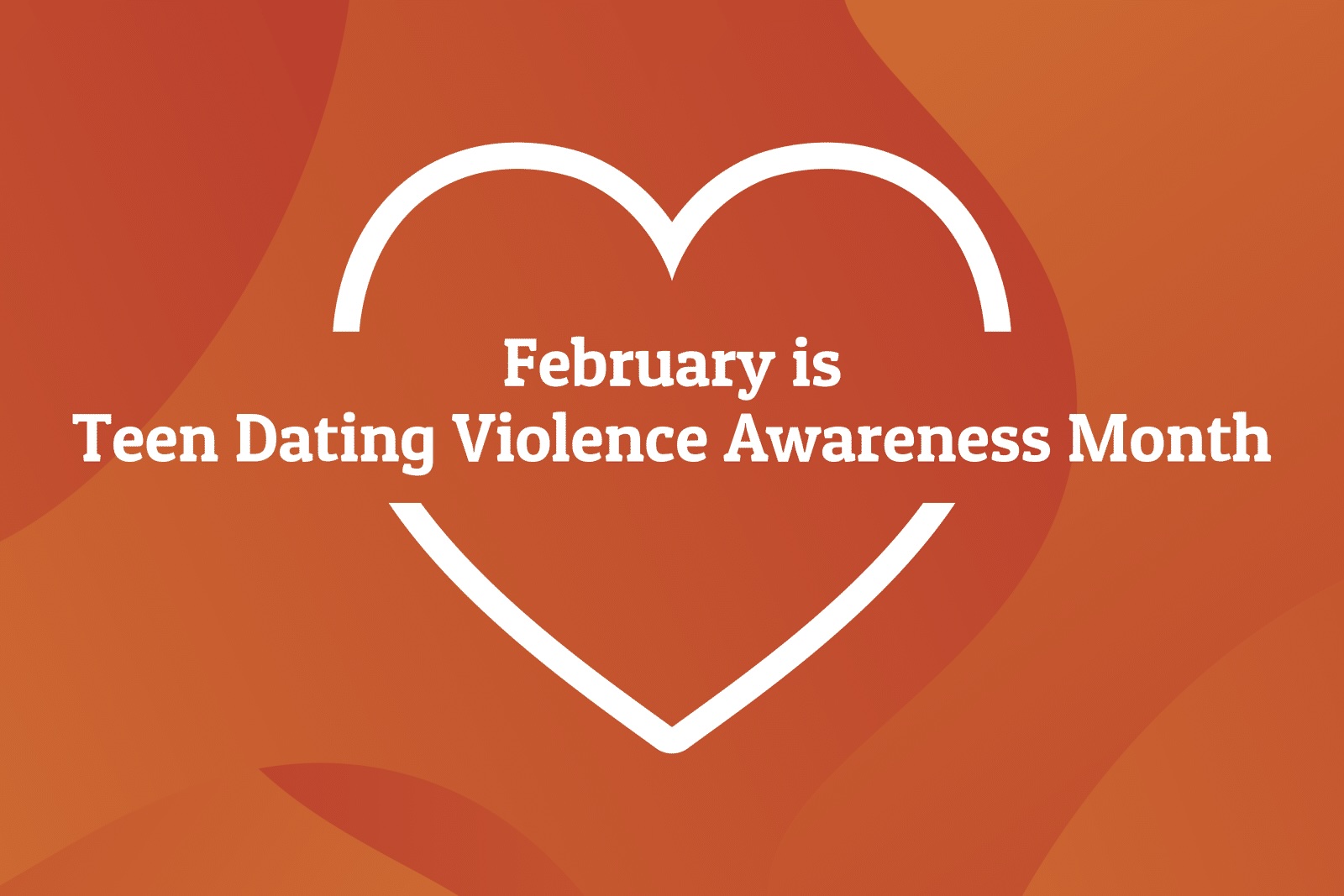The World Health Organization reports that 703,000 people die each year from suicide. Suicide affects everyone, and most of us have either known or loved someone who died by suicide or are currently dealing with the loss of a friend or family member. While suicide is caused by a multitude of factors, it is preventable. By reducing risk factors and increasing resilience-promoting elements, we can make a significant impact in suicide prevention efforts.
Warning Signs of Suicide
The majority of people considering suicide indicate their intentions through warning signs or signals. Recognizing these signs and addressing them early can save lives. Some of the major warning signals include:
- Talking about killing or hurting oneself
- Writing or talking a lot about death
- Looking for items like weapons or drugs that could be used in a suicide attempt
- Previous suicide attempts
In addition to these signs, hopelessness is one of the most powerful predictors of suicide. Individuals who feel hopeless may describe their emotions as "unbearable" and claim they have nothing to look forward to. Others may focus on getting their affairs in order, say goodbye as if they will not be seen again, or display a sudden sense of calm after being extremely depressed.
Knowing how to react when you see these warning signals is critical. Responding with care and understanding can be the first step in preventing a tragedy.

How to Approach a Loved One Considering Suicide
It can be incredibly difficult to talk to a friend or family member about their suicidal thoughts and feelings. However, one of the simplest and most effective ways to find out if someone is considering suicide is to ask them directly. A person cannot become suicidal by showing concern for them.
Offering a chance to communicate their thoughts and feelings can help someone feel less alone and provide relief from the negative emotions that have been bottled up. Simply expressing your concern can help them open up and consider other options they may not have thought about.
What You Can Do to Help
If you think a friend or family member may be considering suicide, here are a few steps you can take:
- Talk to them openly and ask if they are thinking about harming themselves.
- Offer support by listening to their feelings and validating their emotions without judgment.
- Help them find professional help – encourage them to speak with a counselor, therapist, or doctor.
- Stay connected – offer consistent support and check in with them regularly.
By having these difficult conversations and helping people find the support they need, you can make a significant difference in preventing suicide.
For more information on warning signs and how to start a conversation about suicide, click here.
References:
- Centers for Disease Control and Prevention. (2024, July 25). About suicide prevention. Centers for Disease Control and Prevention
- Suicide prevention. HelpGuide.org. (2024, February 5). HelpGuide.org
- World Health Organization. (2023, August 28). Suicide. World Health Organization





